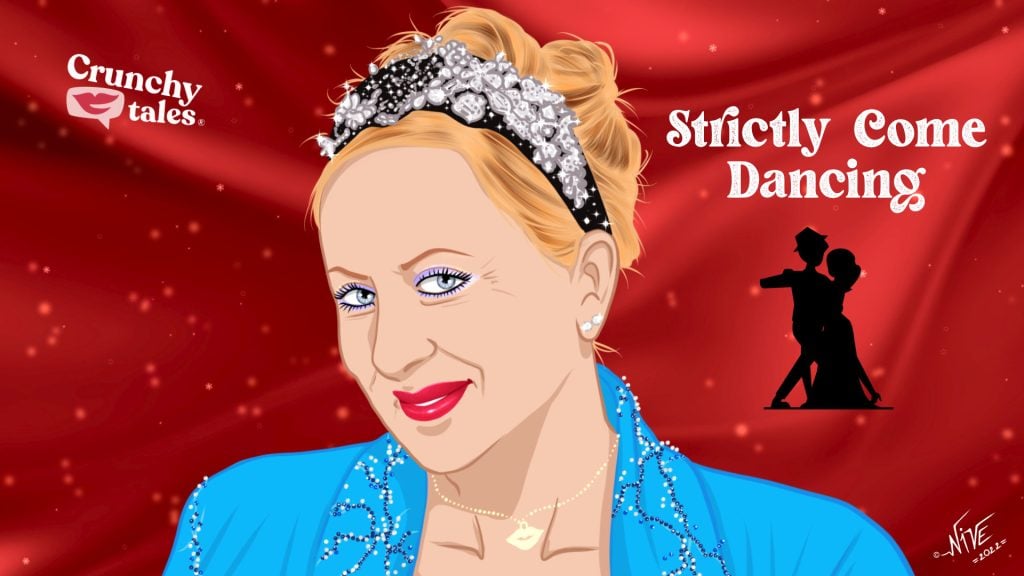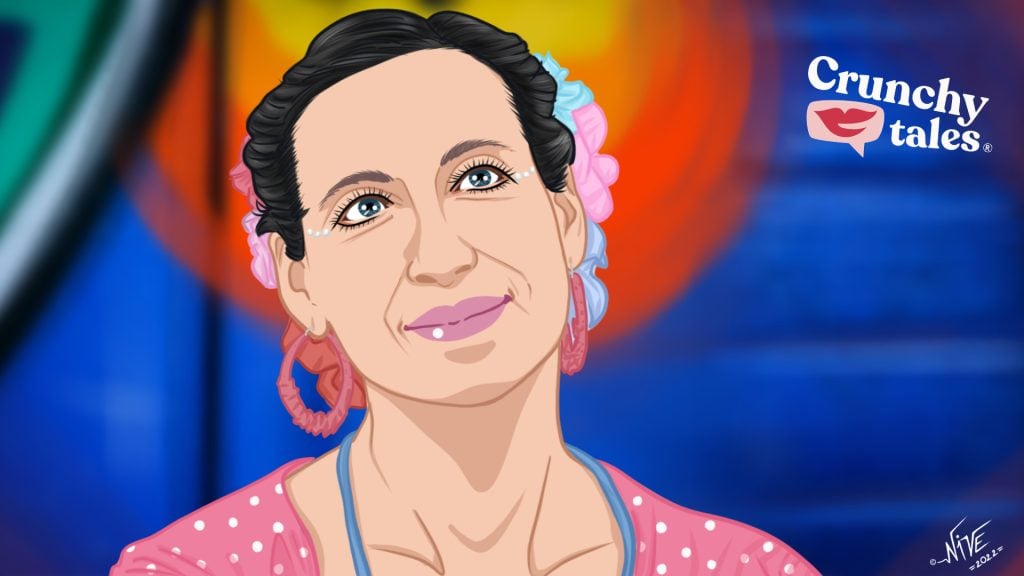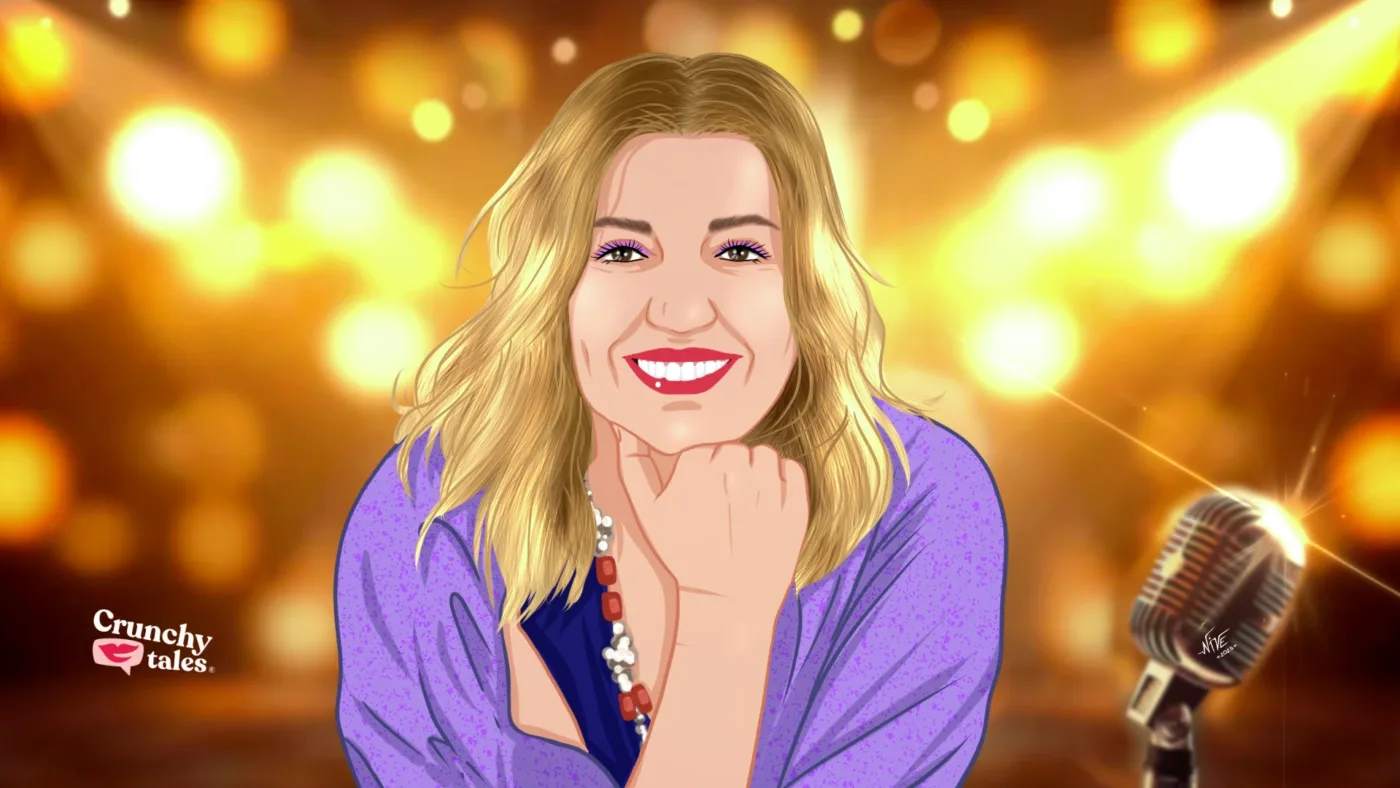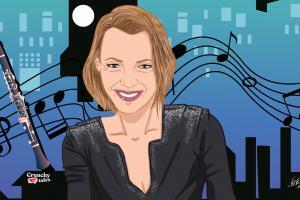Singer Filomena Campus, “I’m Fighting Ageism With Jazz”
In a world where the arts often idolise youth, Filomena Campus stands as a testament to the enduring power of experience. The Sardinian-born jazz vocalist, theatre director, and scholar has carved a unique path, intertwining improvisation, multilingualism, and feminist narratives into her work.
Her latest project, Theatralia, set to debut at London’s Vortex Jazz Club on 8 May, exemplifies this fusion, offering a rich tapestry of sound and story.
Campus’s journey challenges the ageist norms prevalent in the arts. As she notes, “In jazz, age only enhances your artistry.” Her commitment to inclusivity and intergenerational collaboration not only enriches her music but also serves as a beacon for others navigating the creative world beyond their youth.
Through Theatralia, Campus invites audiences into a space where maturity is celebrated, and the boundaries of jazz and theatre are continually redefined. Her work underscores the importance of embracing one’s evolving identity, proving that creativity knows no age limit.

Filomena, jazz is often seen as a genre where artists grow into their craft with time. How has reaching midlife influenced your artistic expression and creative process?
I believe this is a question that applies to any artist. Experience and knowledge definitely enrich my creative process, enhance collaborations with other artists, and most importantly, deepen my connection with the audience.
Ageism in the arts, and particularly in music, is a persistent issue. Have you ever faced it in your career, and how have you navigated these challenges?
I believe that art, and music in particular, has the power to keep us young at heart. My band is cross-generational, and I strongly believe that an intersectional approach is always a winning one. Unfortunately, ageism, along with sexism, classism, racism, ableism, and other forms of discrimination, is still present in the industry. There’s often an unspoken expectation that performers should be young, beautiful, and fit, and this can sometimes impact how our work is received.
Thankfully, in jazz, we have many inspiring examples like Sheila Jordan, or Herbie Hancock, still going strong at 85. They show us that creativity does not have an expiration date. In other forms of music, like pop music, the pressure is often different. Personally, I feel fortunate to be a jazz and theatre artist, where there’s more space to grow and evolve with time.
Midlife is often a period of transformation. Have you noticed significant shifts in your personal and professional life, and how have they shaped your approach to jazz?
Of course, there are many changes, yet menopause remains something people rarely talk about, despite being a natural phase in every woman’s life. The real issue is the lack of clear, accessible scientific information. There’s so much confusion around it. I often think that if men experienced menopause, its side effects would have been fully understood and addressed by now.
The challenge is that symptoms vary greatly from woman to woman. I spoke with three different specialists and received three completely different explanations and treatment suggestions. This left me feeling even more confused.
It’s tough, your body changes drastically, and you often feel out of control. It affects your practice, your performance, your self-esteem, your voice, and your mental well-being. It’s something you often have to face on your own, adapting to an entirely new way of living.
What gives me hope is seeing some of my mentors and musical inspirations in jazz, for instance Maria João, Maria Pia De Vito, Monica Salmaso, and others, still going strong. They continue to deepen their artistic practice and push the boundaries of their creativity, producing truly innovative and high-quality work.

Your work often pushes artistic and social boundaries. Do you feel jazz is evolving into a more inclusive and age-diverse space, or is there still resistance?
I would say both things are true. There’s definitely a special focus on young talent, and many applications or opportunities come with age limits, which I find quite ridiculous. In jazz, age only enhances your artistry. It’s a genre where experience deepens expression, and maturity brings richness to your sound.
Jazz is also a career path that, with very few exceptions, takes time to build. It takes years to truly develop your voice, your style, your sound, and to establish yourself. It’s like good wine—it gets better with time!
Earning a PhD is a remarkable achievement at any stage of life. Can you share what inspired your research and how it connects to your work as a jazz artist and theatre director?
I’ve always been a researcher, both as a jazz musician and as a theatre practitioner. I spend a great deal of time exploring topics, practices, texts, and the work of pioneering artists who paved the way for us. On some occasions, I’ve been fortunate enough to meet some of these influential figures, who deeply shaped both my work and life choices. Among them are Judith Malina, Augusto Boal, Marina Abramovic, Eugenio Barba, Peter Brook, Marcello Magni (Complicite co-founder), and Italian author Stefano Benni.
I’ve always found great inspiration in the theatre work of Franca Rame and Dario Fo (Nobel Prize for Literature). My friendship with Rame led to artistic collaborations, and after her passing, I felt a strong sense of responsibility, as both an artist and practitioner, to continue and share her legacy.
In 2020, while working as a visiting lecturer at the Royal Central School of Speech and Drama, I began a PhD focused on Franca Rame’s work, which I examine through a feminist lens. My research is partly practice-based, meaning that I have developed a performance piece in dialogue with my academic investigation.
Many elements of Rame’s theatrical methods have naturally influenced my own practice, for instance, the collaboration with musicians and other artists, the concept of projects as ongoing and evolving, the importance of listening to the audience feedback, and the central role of improvisation. Improvisation, in fact, is a fundamental part of my work, not only in music and theatre but also in my teaching theatre at university.

Your project Theatralia merges theatre and jazz in a unique way. What was the driving force behind it, and how does it challenge conventional storytelling in both music and theatre?
Theatralia represents an imaginary land of art, theatre, music, and creativity. It’s rooted in my theatre work and deeply connected to my research. It’s also the name of my theatre company, and over time, it has evolved into a kind of avatar for my artistic identity.
My new music project under the Theatralia name is ready to be recorded in the next few months. It is a collaborative work developed with pianist Steve Lodder, bass player Charlie Pyne, and drummer Rod Youngs. We’ve been performing together for many years, and the energy we create on stage is truly special.
One of the most rewarding things is when audience members come up to us after a concert and say they feel completely reenergised. They often mention how every song tells a story and offers something to reflect on.
This project in fact isn’t just about entertainment, though that’s certainly part of it, but about evoking something deeper: something emotional, embodied, and thought-provoking. It’s also a multilingual performance, where I sing in English, Italian, Sardinian, Genovese dialect, and Portuguese. It also includes a heartfelt tribute to my beloved island, Sardinia. We’ll present it at the legendary Vortex Jazz Club in London on May 8th.
What’s on the horizon for you? Are there any upcoming projects or aspirations that reflect this new phase of your life and career?
The first project on the horizon is the release of my new album Theatralia with my quartet, followed by an international tour once the album is out.
After completing my PhD, I plan to publish my book on Franca Rame in both English and Italian. This work contains important discoveries and reflections on her legacy, and I believe it deserves to reach a wider audience—not be left to gather dust in a library. Alongside the book, I intend to further develop the performance pieces I created during my research.
So, I continue to wear my three hats: music, theatre, and teaching at university—three passions that constantly inform and inspire each other.
Like this post? Support Us or Sign up to our newsletter to get more articles like this delivered straight to your inbox!






This Post Has 0 Comments